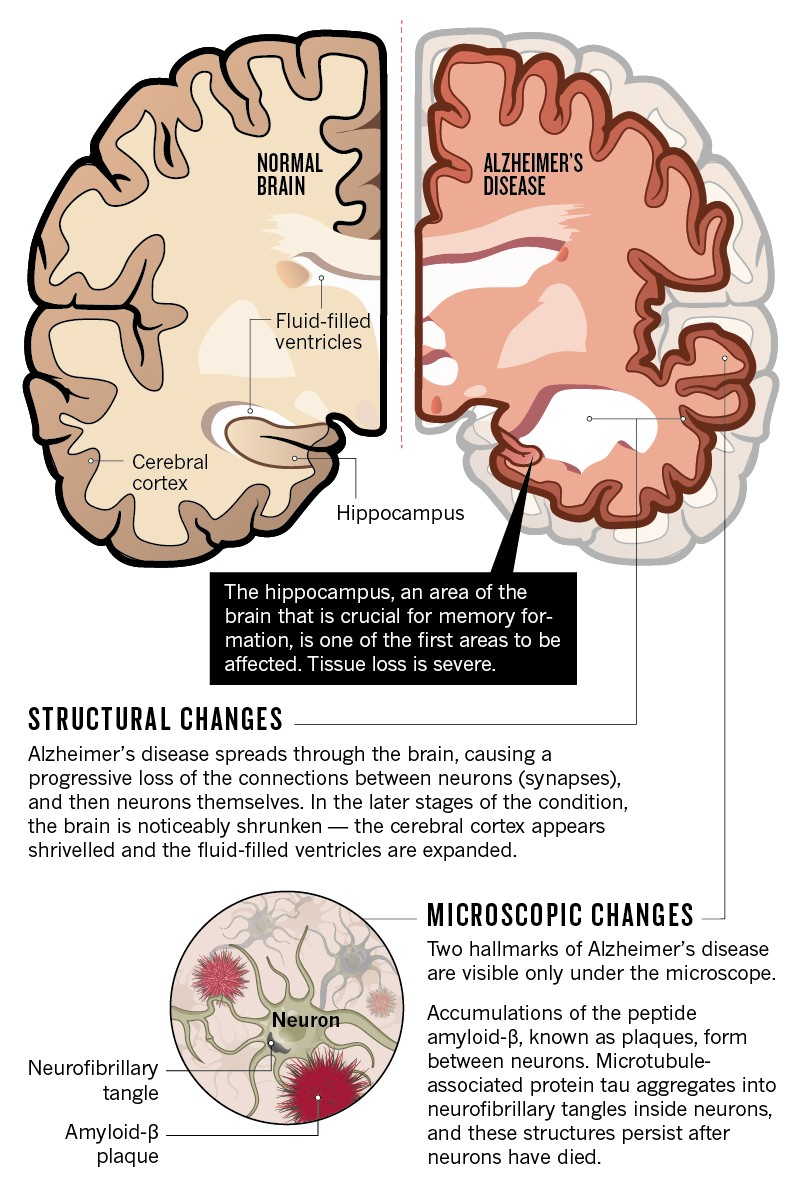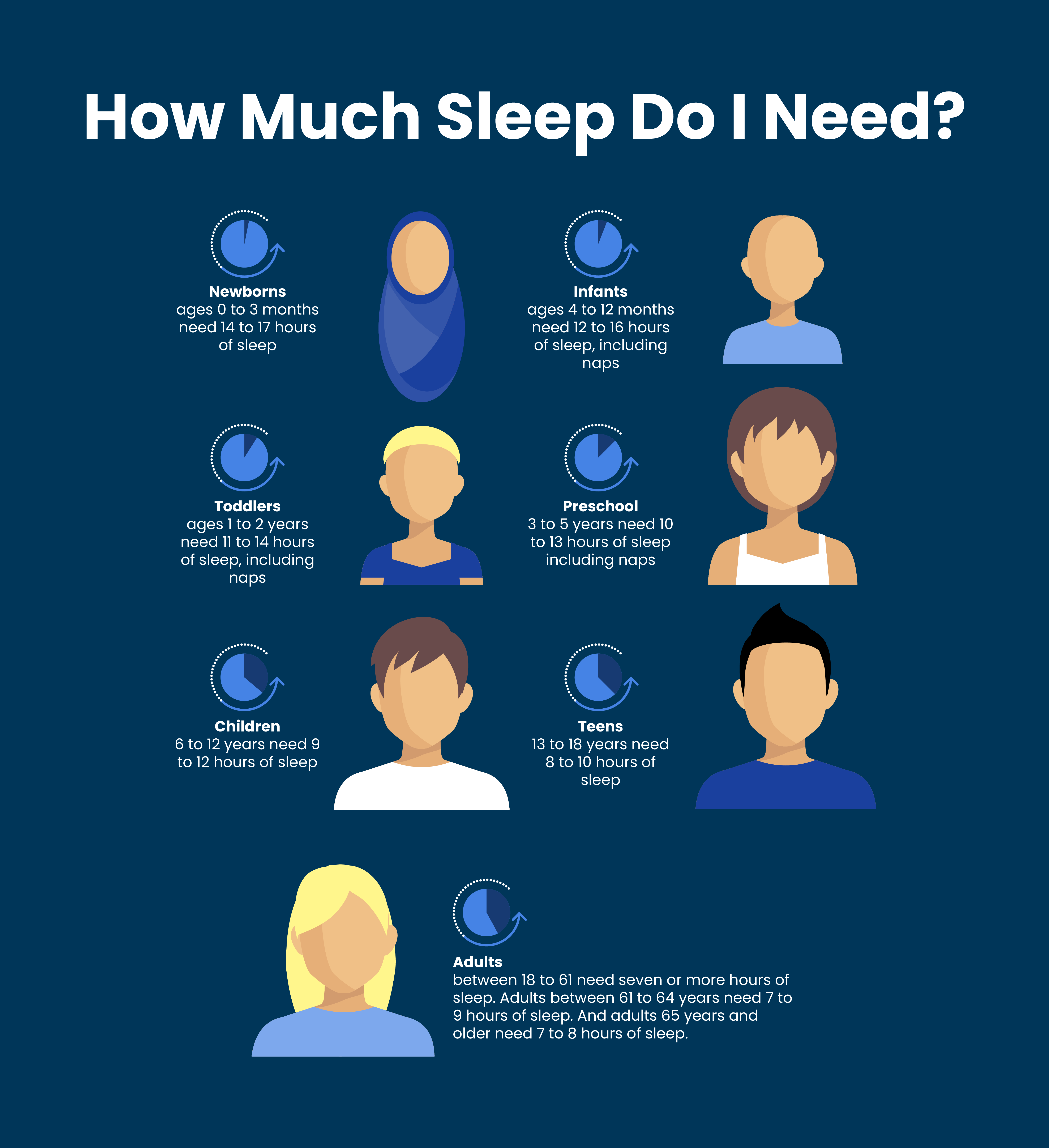Age-related brain diseases such as stroke, dementia, and late-life depression are increasingly prevalent as our population ages. Recent research has unveiled 17 modifiable risk factors that can significantly decrease the incidence of these conditions, underscoring the importance of brain health maintenance in older adults. By adjusting lifestyle choices like diet, physical activity, and stress management, individuals can lower their dementia risk and enhance overall well-being. Stroke prevention strategies, in particular, benefit from this holistic approach, as many factors overlap among these brain diseases. As the understanding of these connections deepens, proactive measures can be developed, aiding in the fight against the decline of cognitive and emotional health during aging.
Cognitive decline and mental health issues in older adults encompass a range of conditions that worsen with age, often leading to impairments in daily functioning. Terms such as neurodegenerative disorders and geriatric depression denote aspects of this critical health concern, illustrating the need for comprehensive care strategies. In light of new findings, healthcare practitioners emphasize the importance of understanding modifiable influences that can mitigate risks associated with these conditions. Addressing factors such as hypertension, poor diet, and social isolation can play a vital role in enhancing quality of life for seniors. By advocating for improved brain wellness through informed lifestyle choices, society can better combat the impacts of aging on mental health.
Understanding Age-Related Brain Diseases: The Connection Between Stroke, Dementia, and Depression
Age-related brain diseases, such as stroke, dementia, and late-life depression, are increasingly common as populations age. These conditions are not only interrelated but also share numerous modifiable risk factors, which if addressed, can significantly decrease their prevalence. Researchers have identified key factors like hypertension and diabetes that greatly elevate the risk of these diseases. By targeting and modifying these risk factors, individuals can improve their overall brain health and potentially stave off the cognitive decline associated with aging.
The findings from recent studies at Mass General Brigham emphasize the interconnectedness of these conditions. For example, high blood pressure not only contributes to stroke but can also worsen the symptoms of dementia and increase the likelihood of depression in the elderly. Hence, understanding this connection can be vital for both individuals and healthcare providers, enabling proactive measures to maintain cognitive function and emotional well-being in aging populations.
Frequently Asked Questions
What are the most common modifiable risk factors for age-related brain diseases?
The most common modifiable risk factors for age-related brain diseases, including stroke, dementia, and late-life depression, include high blood pressure, diabetes, kidney disease, obesity, and high cholesterol levels. By addressing these factors through lifestyle changes such as improving diet, increasing physical activity, and managing stress, individuals can significantly lower their risk.
How can lifestyle changes impact dementia risk in older adults?
Lifestyle changes can greatly impact dementia risk in older adults by addressing modifiable factors such as diet, physical activity, and social engagement. Engaging in regular exercise, maintaining a balanced diet, and fostering social connections can enhance brain health and reduce the likelihood of developing dementia.
Is there a link between stroke prevention and late-life depression?
Yes, there is a significant link between stroke prevention and late-life depression. High blood pressure, diabetes, and smoking are common risk factors that contribute to both conditions. By managing these factors effectively, individuals can reduce their risk of stroke while potentially alleviating symptoms of late-life depression.
What role does physical activity play in reducing age-related brain disease risk?
Physical activity plays a crucial role in reducing the risk of age-related brain diseases such as stroke, dementia, and late-life depression. Regular exercise improves blood circulation, enhances cognitive function, and promotes overall mental well-being, which collectively aids in mitigating the impact of these diseases.
How does diet influence the risk of age-related brain diseases?
Diet significantly influences the risk of age-related brain diseases like stroke, dementia, and late-life depression. A poor diet high in saturated fats and sugars can increase the risks, while a balanced diet rich in fruits, vegetables, and whole grains supports brain health and reduces disease likelihood.
Can managing stress lower the risk of age-related brain diseases?
Yes, managing stress can lower the risk of age-related brain diseases such as dementia, stroke, and late-life depression. Chronic stress negatively impacts mental health and can exacerbate existing conditions, so incorporating relaxation techniques such as mindfulness and physical activity is beneficial for brain health.
What is the Brain Care Score and its significance in addressing brain health?
The Brain Care Score is a tool developed to assess individual efforts in protecting brain health. It encompasses various modifiable risk factors and offers tailored advice on enhancing brain health. By utilizing this score, individuals can effectively track their health behaviors and make informed decisions to mitigate risks associated with age-related brain diseases.
How does social engagement affect the risk of developing dementia?
Social engagement significantly affects the risk of developing dementia. Lack of social interactions and connections can lead to isolation and depression, which are linked to higher dementia risk. Actively participating in community activities and maintaining relationships can foster cognitive resilience.
What preventive measures can be taken to reduce the risk of age-related brain diseases?
Preventive measures to reduce the risk of age-related brain diseases include maintaining a healthy blood pressure and cholesterol levels, managing diabetes, engaging in regular physical activity, maintaining a balanced diet, and cultivating social relationships. Addressing these modifiable risk factors can lead to improved brain health and reduced disease incidence.
How do common risk factors for stroke, dementia, and late-life depression interconnect?
Common risk factors for stroke, dementia, and late-life depression, such as high blood pressure, obesity, and smoking, interconnect by exacerbating each condition. The presence of one disease often increases the likelihood of developing another. Thus, addressing shared risk factors can provide a comprehensive approach to prevention.
| Risk Factor | Description |
|---|---|
| Diabetes | Affects risk of stroke, dementia, and depression. |
| Blood Pressure | High levels increase risk for all three conditions. |
| Kidney Disease | Elevates risk of stroke, dementia, and depression. |
| Fasting Plasma Glucose | High levels indicate a risk factor for the conditions. |
| Total Cholesterol | High cholesterol can heighten the risk of stroke and dementia. |
| Alcohol Use | Excessive consumption relates to increased risk of all three diseases. |
| Diet | Poor dietary habits contribute to the diseases’ development. |
| Hearing Loss | A modifiable risk factor particularly for dementia. |
| Chronic Pain | Can increase likelihood of depression and other conditions. |
| Physical Activity | Lack of activity is a risk factor for all three conditions. |
| Purpose in Life | A lacking sense of purpose can lead to depression. |
| Sleep | Poor quality and quantity elevate risks of depression. |
| Smoking | A significant risk factor for stroke, dementia, and depression. |
| Social Engagement | Lack of social interaction contributes to depression. |
| Stress | Chronic stress can lead to depression and other conditions. |
| Depression | Untreated depression elevates risk of other brain diseases. |
| Obesity | A risk factor for stroke, dementia, and depression. |
Summary
Age-related brain diseases, including stroke, dementia, and late-life depression, are interlinked conditions that pose substantial health risks as people grow older. Recent research has identified 17 modifiable risk factors that can significantly lower an individual’s likelihood of experiencing these conditions. By addressing factors such as high blood pressure, kidney health, diet, and physical activity, individuals can take proactive steps to protect their brain health. This research underscores the importance of lifestyle adjustments and the potential impact of preventive measures in combating age-related brain diseases.




